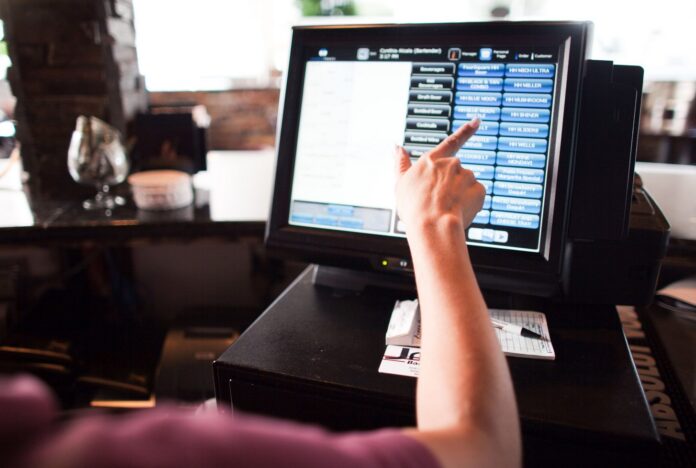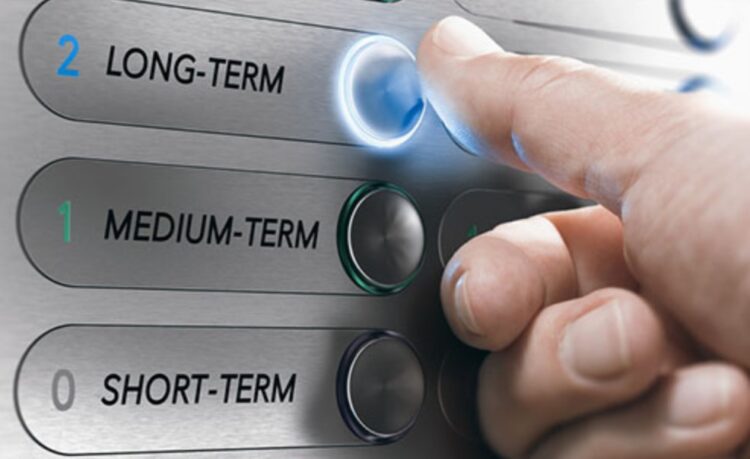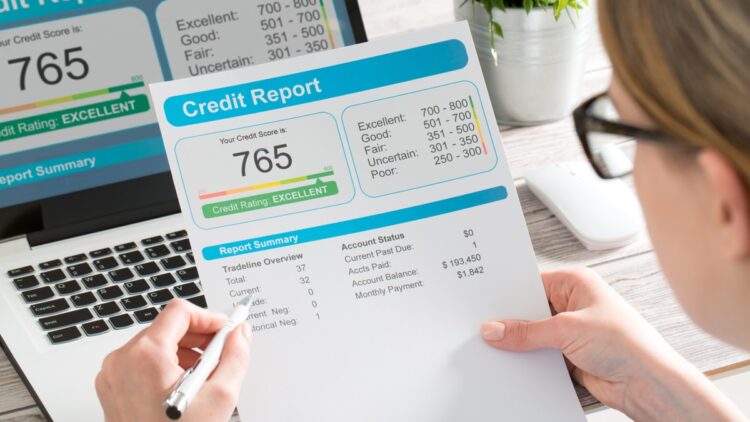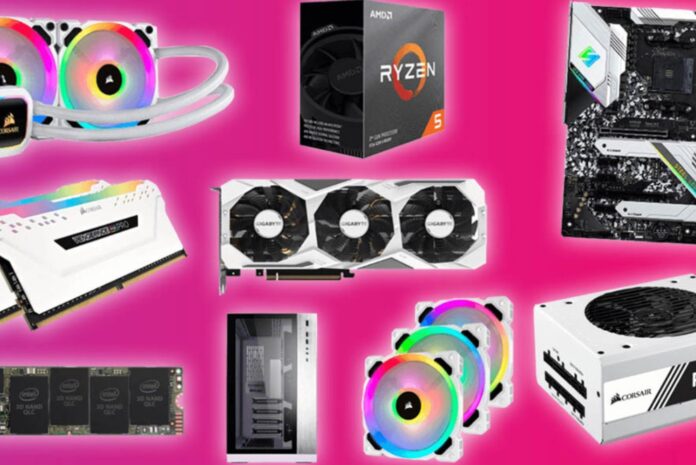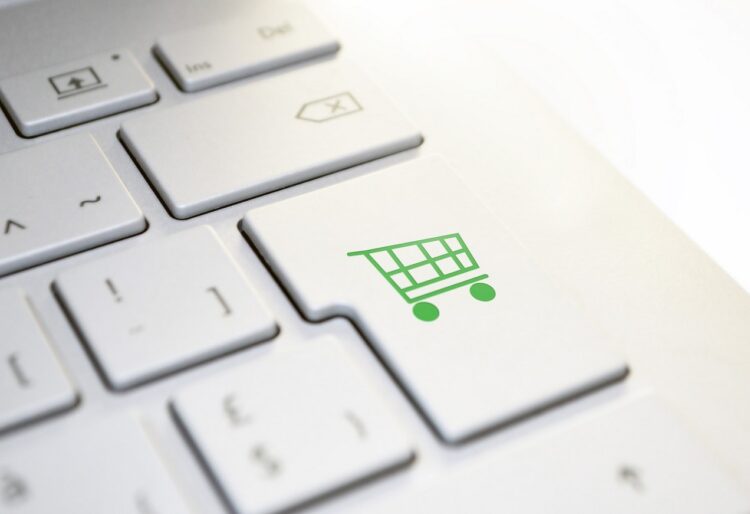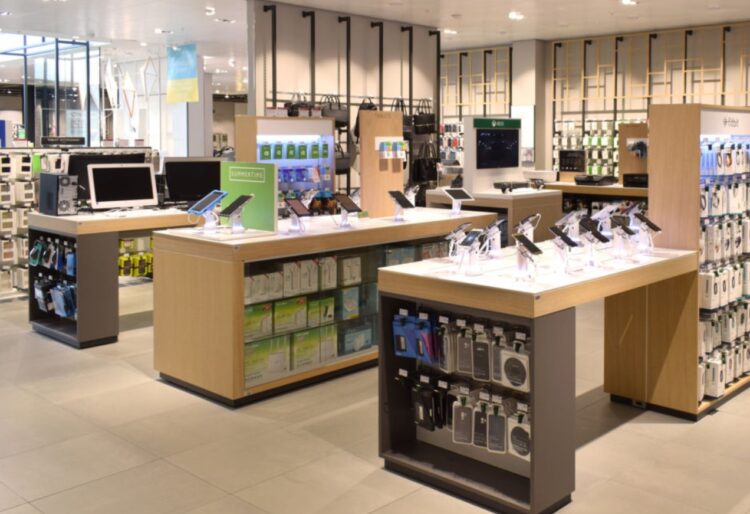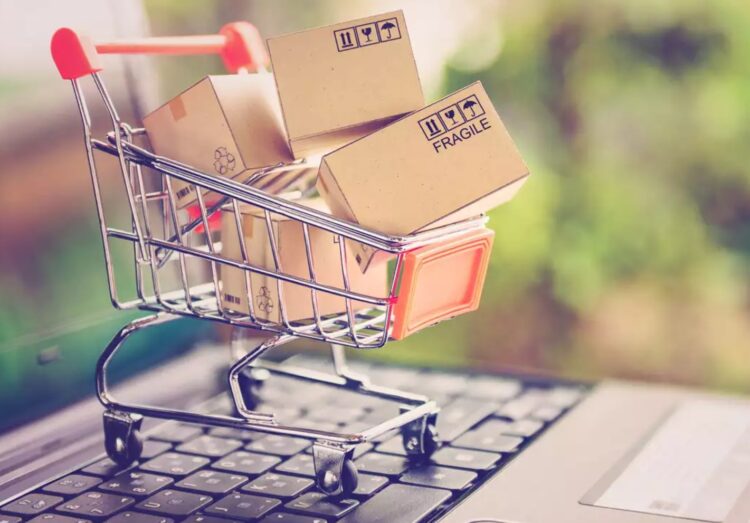Every business owner is in constant pursuit to adopt effective strategies that will optimize operations, and POS is one such sought after solution. It is undeniable that the hype surrounding this technological feat should be convincing enough. But why should you invest your enterprise’s time, money, and effort in a pos system? Are they worth it, or are they just another marketing fad that will come and go, as we have seen so many through the ages?
The truth is you need one. You may already be using a mediocre system, and it is time to graduate to a modern-day version. Traditional stores had only cashiers. One paid in cash, and a hand-written receipt was dispensed. But as globalization, industrialization, and technological innovations continue to penetrate every nook and cranny of our lives, even such traditional merchants find themselves in need of more effective methods to run their POS processes.
These systems are found in virtually all types of industries. However, they feature predominantly in retail, accounting, and hospitality. Before we delve into the advantages you will enjoy by incorporating a pos system into your retail sector, read on to understand POS and how it combines with other elements to form a highly-functional unit.
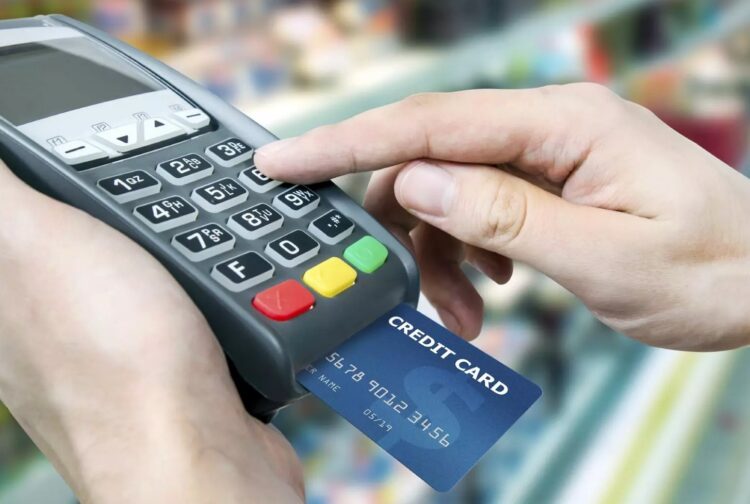
So, What Do We Mean By POS?
The point where the final retail action takes place is what is referred to as POS. It stands for point of sale in full and is also called POP (point of purchase) in some regions of the world as it represents the process when a customer pays a vendor in exchange for services or goods.
POS software has come a long way from what we see today. Earlier on, only corporate giants like McDonald’s restaurants, Dillard’s department stores, and Pathmark supermarkets utilized pos systems. They were installed in electronic cash registers and ran on proprietary IBM software whose functionality was limited compared to current-day versions.
A common misconception is that a POS system is only the software that handles the retail process. One could never be more wrong. A variety of tools and devices like cash registers, check out dividers, barcode scanners, receipt printers, computers, and weighing machines may also be part of the elaborate design.
A pos system is customizable to allow running congruent to any business processes. For example, Supermarket chains require complex setups that remotely interlink all outlets to the headquarters for centralized control. A Food and Beverage establishment, on the other hand, requires functions that merge with their operations, such as adding item buttons, creating queues for table and takeaway services, and receipt handling. Now that we know what a pos system is and does let us take a look at what it can do for your business.
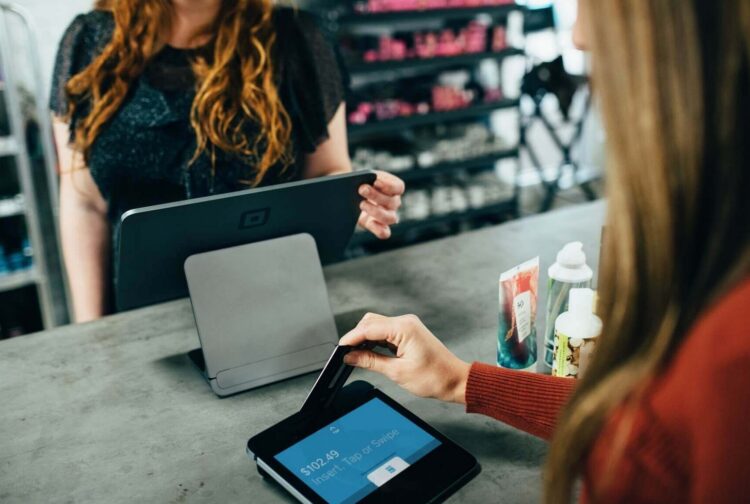
Benefits Of Using A POS System In Your Business
1. Helps streamline retailing processes
Retail operations are automated when one uses a POS system. For instance, you can say goodbye to hefty price tags that your staff has to attach to every product in your store. When adding inventory to your stock, just input the product’s code into the system. When a customer wishes to purchase this particular item, the cashier only needs to scan this code to complete the sale. A POS system comes with features that enable you to easily make alterations to stored product data in case of price changes or the addition of discounts. With an ultra-effective POS system, you can effortlessly:
- Keep track of sales
- Manage your inventory
- Handle transfers of stock
- Store supplier records
- Issue purchase orders
- Send out quotations to prospective clients
- Formulate a membership or customer loyalty program
- Conceal barcode label creation
- Handle varying payment methods using various currencies
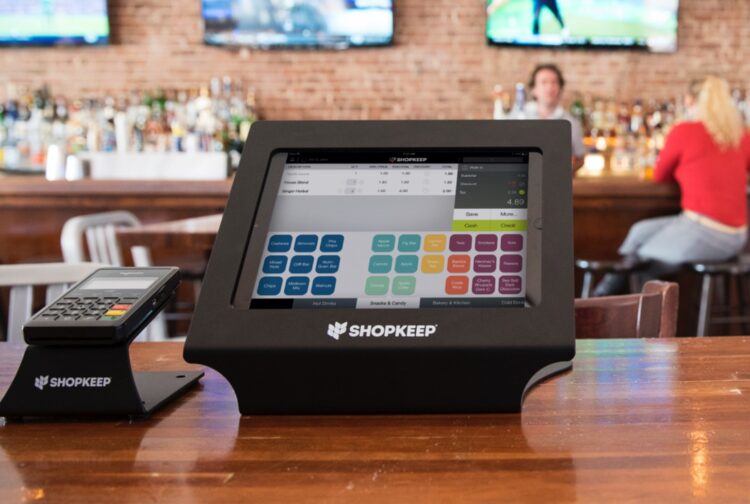
2. Enhances data management
The majority of POS systems available in the market have in-built features that allow storage of records on a back-computer. The owner or relevant employees have access to said data, which can be analyzed to develop strategies to guide consumers and promote their products and services.
3. Effective stock control
Functionality aspects like supplier records and inventory management enable businesses to manage stock. You, therefore, make more informed purchasing decisions. It is possible to pre-set the system to send out purchase orders to respective supplies as soon as stock numbers go below a certain point. Do you have retail businesses that are solely run on an online platform? Take advantage of such functional capabilities to ensure the smooth running of operations. Avoid putting up the ‘out of stock’ sign to avoid losing customers.

4. Enables you to create better marketing campaigns
The marketing department also benefits substantially from points of sale. They understand that a POS system has the potential to influence buying behavior, which impacts profits. Collected data allows marketers to analyze how sales are moving and consumer trends through which they can propose adequate solutions and recommendations. In the case of a clothing department store, one may find that placing several points of sale at micro-market specific locations influences impulse buying.
Are Free POS Systems Worthwhile?
If you are a bit tight on cash, there are several free and open-source POS tools you can make use of available in the market. But are they just as effective as paying for the service? The truth is, each side has its own pros and cons. Research first to see what the free platform has to offer. However, always opt to hire professionals to do the heavy lifting if you can afford it. They are experienced in methods that will enable you to unlock your full potential in-store and online with intuitive POS systems. Go online and try a free demo on websites like https://www.retailexpress.com.au/pos-systems to evaluate their services’ compatibility to your type of industry.
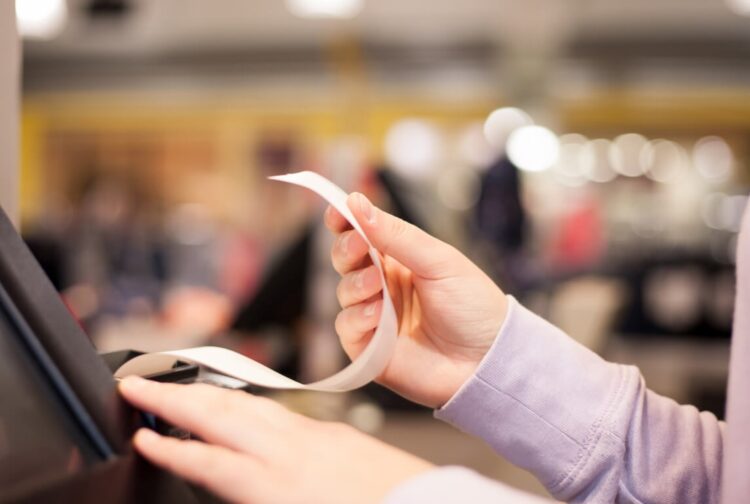
Tip For Thought
Whether you are a start-up or an already established enterprise, having a pos system will substantially boost your sales. Include several features to enhance the consumer’s experience, which means a higher customer satisfaction rate. All these factors work hand in hand to drive growth while developing your brand.

